A strong immune system is your body’s defense against illness and infection. Ensuring you get the right nutrients can make a significant difference in how well your immune system functions.
Here are the top nutrients you need and the best foods to get them from.
Vitamin K2
Why Vitamin K2?
Vitamin K2 is crucial for preventing calcification in the arteries and works closely with vitamin D3 to boost its absorption.
More importantly, K2 plays a significant role in immune health by activating proteins in your body that stimulate immune responses. One interesting fact about K2 is its main source: fermented foods. These foods, like sauerkraut and kombucha, are rich in friendly bacteria that help activate immune-boosting receptors in your body.
Top 5 Foods for Vitamin K2:
- Sauerkraut: A delicious, tangy fermented cabbage. If you like spice, Kimchi is great as well.
- Fermented Cheeses: Options like Gouda and Jarlsberg.
- Kombucha: A fermented tea that’s both refreshing and beneficial.
- Natto: Fermented soybeans, a staple in Japanese cuisine.
- Miso: Another Japanese favorite, often used in soups.
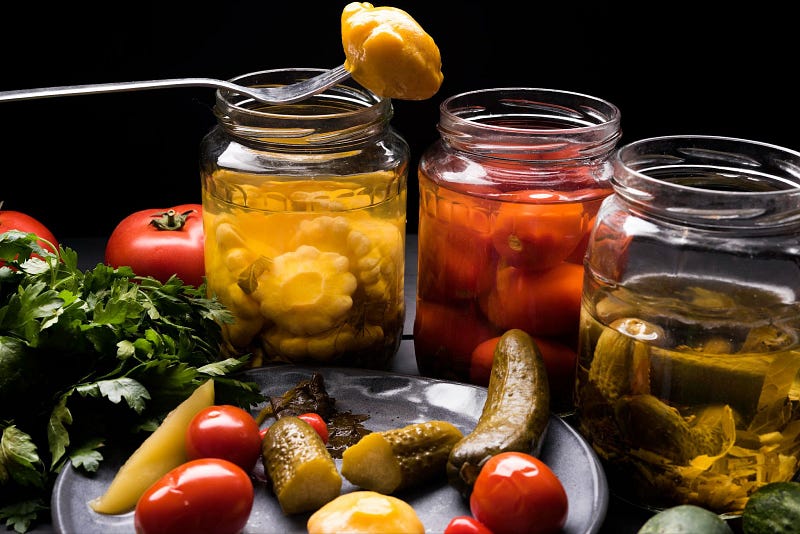
Magnesium
Why Magnesium?
Magnesium is involved in over 300 biochemical reactions in the body, many of which are crucial for immune function.
It helps prevent calcification, supports muscle and nerve function, and protects against oxidative stress. A deficiency in magnesium can lead to migraines, digestive distress, and heart issues, making it essential for overall health.
Top 5 Foods for Magnesium:
- Black Beans: Versatile and easy to add to meals.
- Almonds: A great snack that’s high in magnesium.
- Pumpkin Seeds: Perfect for snacking or adding to salads.
- Spinach: A nutrient-dense leafy green.
- Avocado: Delicious on toast, in salads, or on its own.
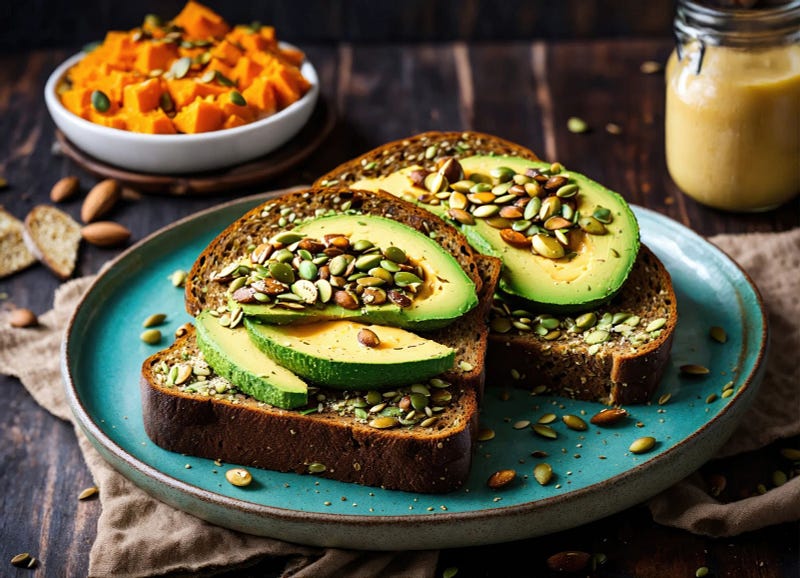
Vitamin C
Why Vitamin C?
Vitamin C is widely known for its immune-boosting properties. It helps in the production of white blood cells, which are essential for fighting off infections.
Unlike some other nutrients, vitamin C is water-soluble, meaning your body doesn’t store it, and you need to consume it regularly.
Top 5 Foods for Vitamin C:
- Acerola Cherry: Extremely high in vitamin C, perfect for smoothies.
- Kale: Another nutrient-dense leafy green.
- Broccoli: A versatile vegetable that can be steamed, roasted, or eaten raw.
- Brussels Sprouts: Great when roasted with a bit of olive oil.
- Lemons: Perfect for adding to water, teas, and dishes for a vitamin C boost.
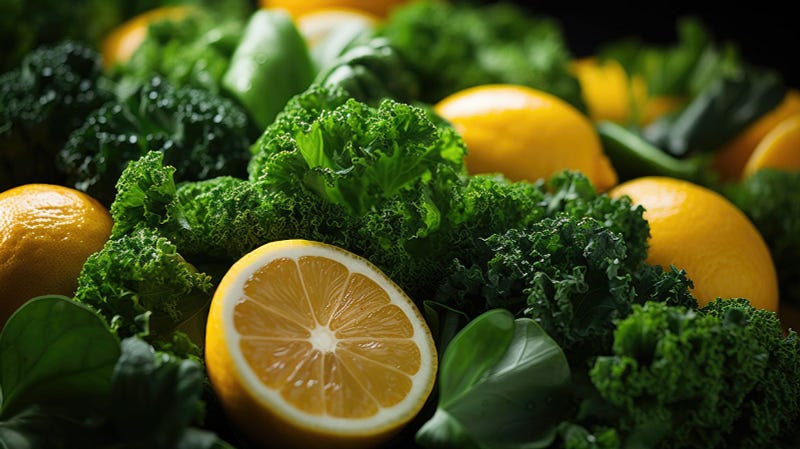
Zinc
Why Zinc?
Zinc plays a critical role in immune function, particularly in stopping the replication of viruses. It is essential for maintaining a strong immune system, and a deficiency can lead to frequent infections, hair thinning, and issues with taste.
Top 5 Foods for Zinc:
- Ground Beef: Opt for grass-fed, organic options for added nutrients.
- Chickpeas: A great addition to salads and stews.
- Pumpkin Seeds: Again, a versatile snack full of zinc.
- Cashews: Another nut high in zinc, perfect for snacking.
- Lentils: High in zinc and other essential nutrients.
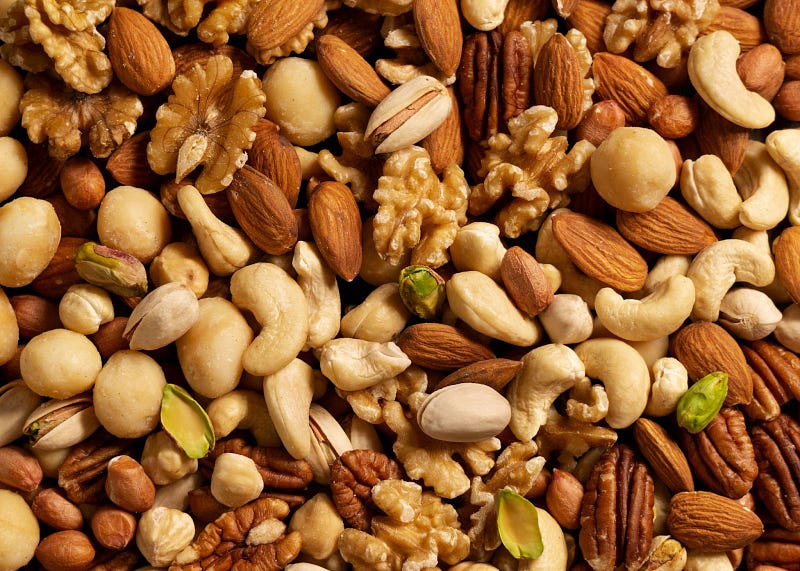
Vitamin D
Why Vitamin D?
Vitamin D is crucial for immune health and bone health. It helps your body absorb calcium and works best when paired with vitamin K2 and magnesium.
While sunlight is a primary source of vitamin D, many people need to supplement their intake, especially during the winter months.
Top 5 Foods for Vitamin D:
- Salmon: A delicious, fatty fish rich in vitamin D.
- Eggs: Especially the yolks, which are nutrient-dense.
- Mushrooms: Some varieties contain high levels of Vitamin D, especially when exposed to sunlight.
- Fortified Orange Juice: A good option if you prefer a beverage.
- Fortified Plant Milks: Such as almond, soy, or oat milk.
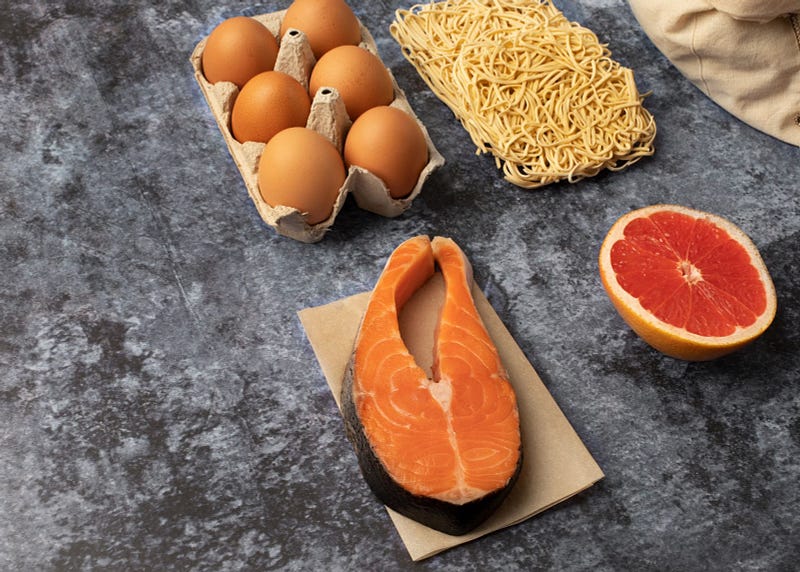
Omega-3 Fatty Acids
Why Omega-3?
Omega-3 fatty acids are essential for controlling inflammation, which is crucial for managing infections and maintaining overall immune health. They are also beneficial for brain health. The most effective omega-3s come from animal sources, but plant sources can also be beneficial.
Top 5 Foods for Omega-3:
- Salmon: A top source of DHA and EPA.
- Chia Seeds: Excellent in smoothies and as a topping for yogurt.
- Flaxseeds: Ground flaxseeds can be added to various dishes.
- Walnuts: Great as a snack or added to salads.
- Hemp Seeds: Another versatile seed high in Omega-3s.
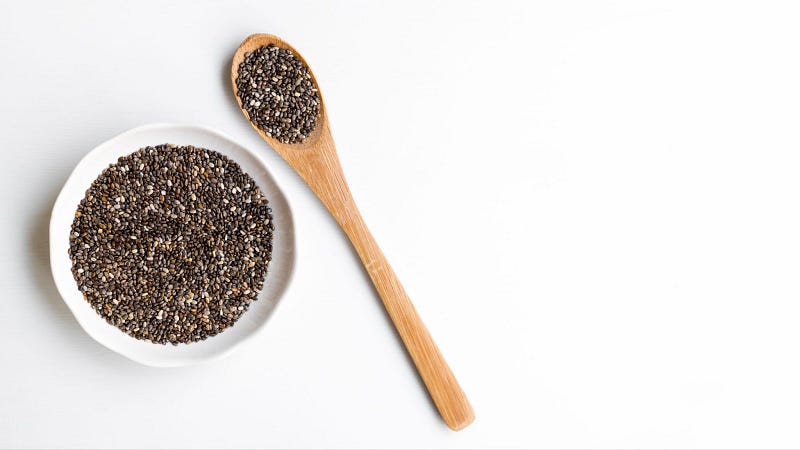
Antimicrobials
Why Antimicrobials?
Certain foods have strong antimicrobial properties, helping fend off bad bacteria, viruses, and fungi. These foods not only support your immune system but also provide a range of other health benefits.
Top 5 Foods for Antimicrobials:
- Apple Cider Vinegar: Great for detoxifying and supporting immune health.
- Ginger: Excellent in teas and as a natural remedy for colds.
- Garlic: A potent antimicrobial that can be added to numerous dishes.
- Honey: Particularly effective against allergies and soothing for the throat.
- Turmeric: Known for its anti-inflammatory and antimicrobial properties.
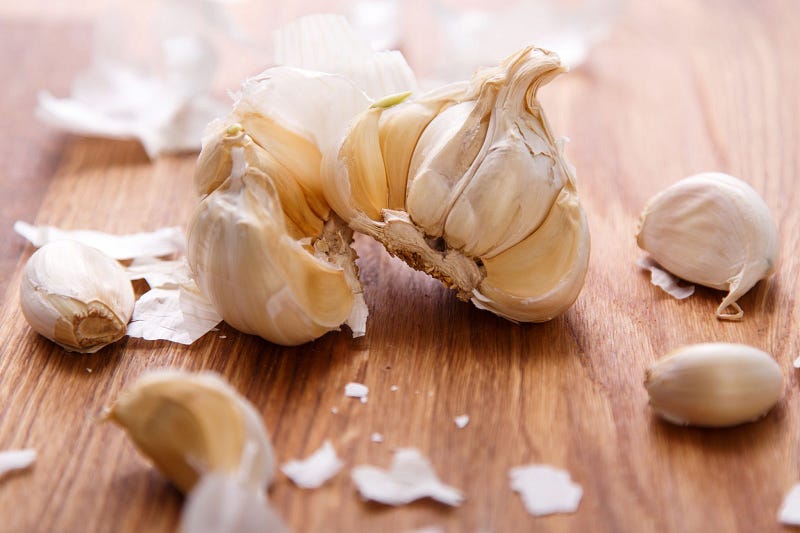
Incorporating these nutrient-rich foods into your diet can help bolster your immune system and keep you healthy.
If you want more information on how to take your health back into your own hands, check out my free book Making Food Simple!






